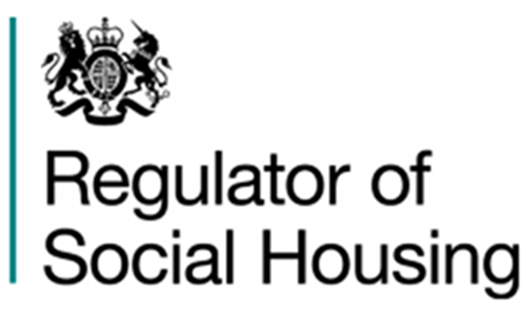What is data quality?
Data quality refers to the overall utility of a dataset as a function of its ability to be easily processed and analysed for other uses, usually by a database, data warehouse, or data analytics system.
There are 5 key traits that define high-quality data:
Accuracy / Completeness / Reliability / Relevance / Timeliness
By collecting high-quality data you have information that you can trust, this can be used in a wide range of areas to improve your business.
Why does data quality matter?
In 2022, most organisations in the UK collect and store data for a wide range of reasons, it’s important to not only protect the information collected but also to make sure it’s as accurate and as specific as possible so the data has a chance to provide you with business-critical information in the future.
Data is extremely valuable, it can tell you where your organisation is doing well and what areas need improvement, where you should be investing your time and resources and what areas of your business receive little to no ROI.
What is the impact of low-quality data?
Low-quality data can have more of a detrimental impact than no data. By recording information inaccurately you may be providing someone with false information in the future. for example, imagine you work at a housing association. Someone in your organisation interacts with a tenant who states she has previously had a poor experience with a male engineer who came to resolve an issue at her property. She requests to only have female engineers in the future if she is at home. It’s absolutely crucial in this scenario to get as much of this information logged as possible. You have to create a complete picture of the information on your database. if your database reads “Do not send male engineers” you are missing out on crucial information that will help you manage that tenant in the future. A female engineer may not always be available, especially at short notice, what do you do if you are in an emergency? She stated that she didn’t want any males visiting the property while “she was present” by collecting high-quality data anybody reading her file should know everything they need to know and be given a better chance to overcome potential challenges.
Poor data quality can have a negative impact on revenue too. We work with a large number of hospices that are tasked with generating as much income as possible through charitable donations. It’s important to utilise all the information and maximise the potential ROI. We come across a lot of cases where our hospices have unsubscribers, if you have low-quality data you will likely have to remove them from your system and stop all forms of communication, if you capture high-quality data you will have a record of the different areas of marketing they have subscribed to, for example, if you sign up to Data Protection Made Easy our virtual weekly event and wish to also receive news updates and guidance, you will need to complete a separate registration form to sign up to our newsletter, this means
The 3 Golden Rules For Data Excellence
Here are three statements from the Social Housing Regulator’s current Sector Risk Profile 2021:
“3.27 Accurate, up-to-date, complete, and consistent data are fundamental for Boards to monitor areas such as rent setting, financial management, stock condition, health and safety, and meeting consumer standards. Board oversight, control, and decision making are undermined by the failure to maintain data integrity or by data isolated in siloed systems.”
“3.28 Boards must have the assurance that data integrity is appropriately managed, including ensuring adequate quality controls and robust audit trails are in place, identifying critical data and Information Asset Owners, establishing process maps, and implementing appropriate software solutions such as error detection.”
“3.29 Accurate and timely data underpins our engagement with providers. We consider failure to manage data integrity to be indicative of a poor internal controls assurance framework. Failure to provide accurate and timely data that meets regulatory requirements will be reflected in the judgement of a provider’s compliance with regulatory standards.”
“Good quality data forms the cornerstone on which all other assurance of compliance is based”
Consumer Regulation Review Para 2.7, Page 9
Join the discussion
On the 8th of July 2022, our hosts Oliver Rear, Phil Brining and David Holmes will team up with Colin Sales from 3C Consulting to discuss Data Quality and share their top tips on managing information for data excellence.
Our partners for this session, 3C, are a leading independent technology and data consultancy specialising in the UK’s social housing sector. 3C’s goal is to support organisations to optimise the benefits of technology and data in achieving their strategic ambition making them the ideal guest for this particular session.
As always this event will be completely free to join and anyone is welcome to get involved, we will host the session on Microsoft teams.
If you would like to sign up and join us live for this discussion, please visit our events page and register.
Date: 8th July 2022
Time: 12:30 – 13:30
Location: MS Teams
Cost: FREE


